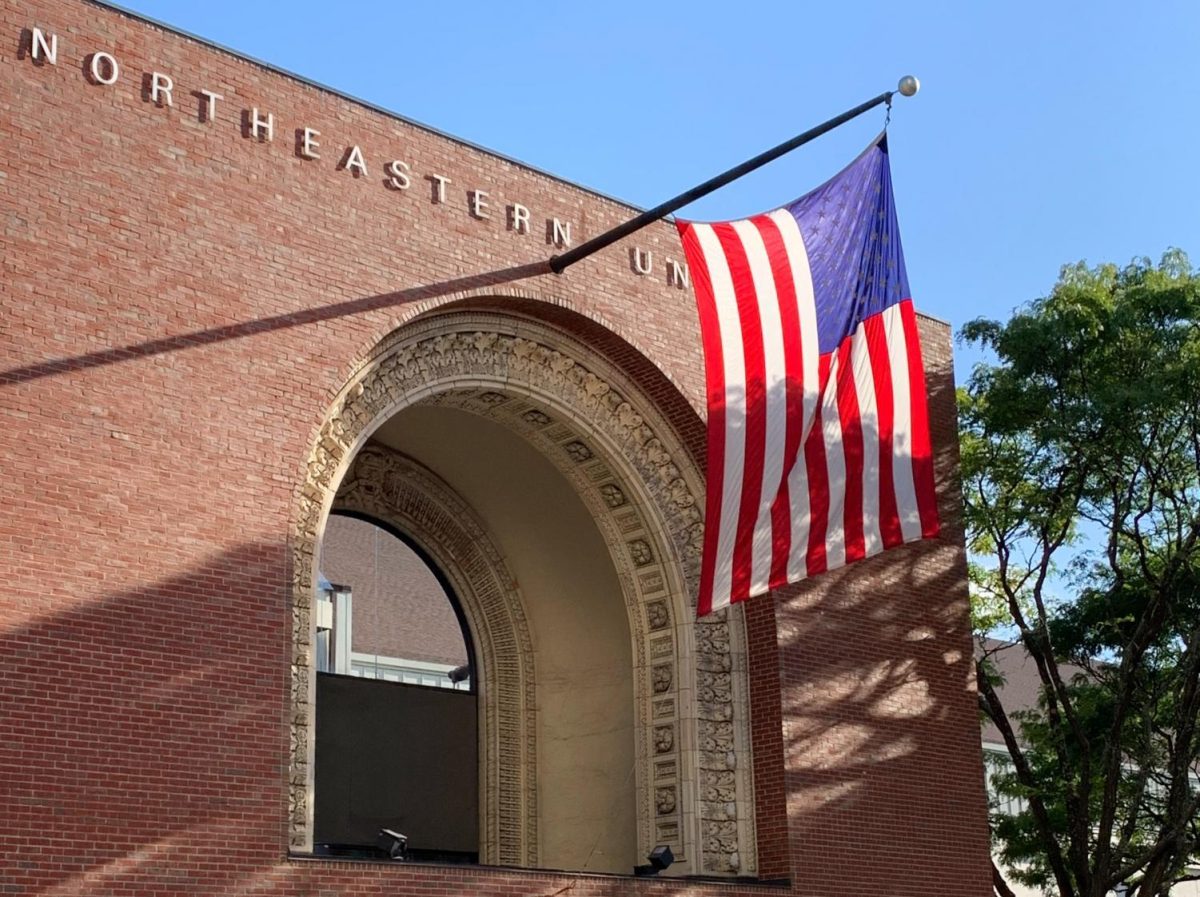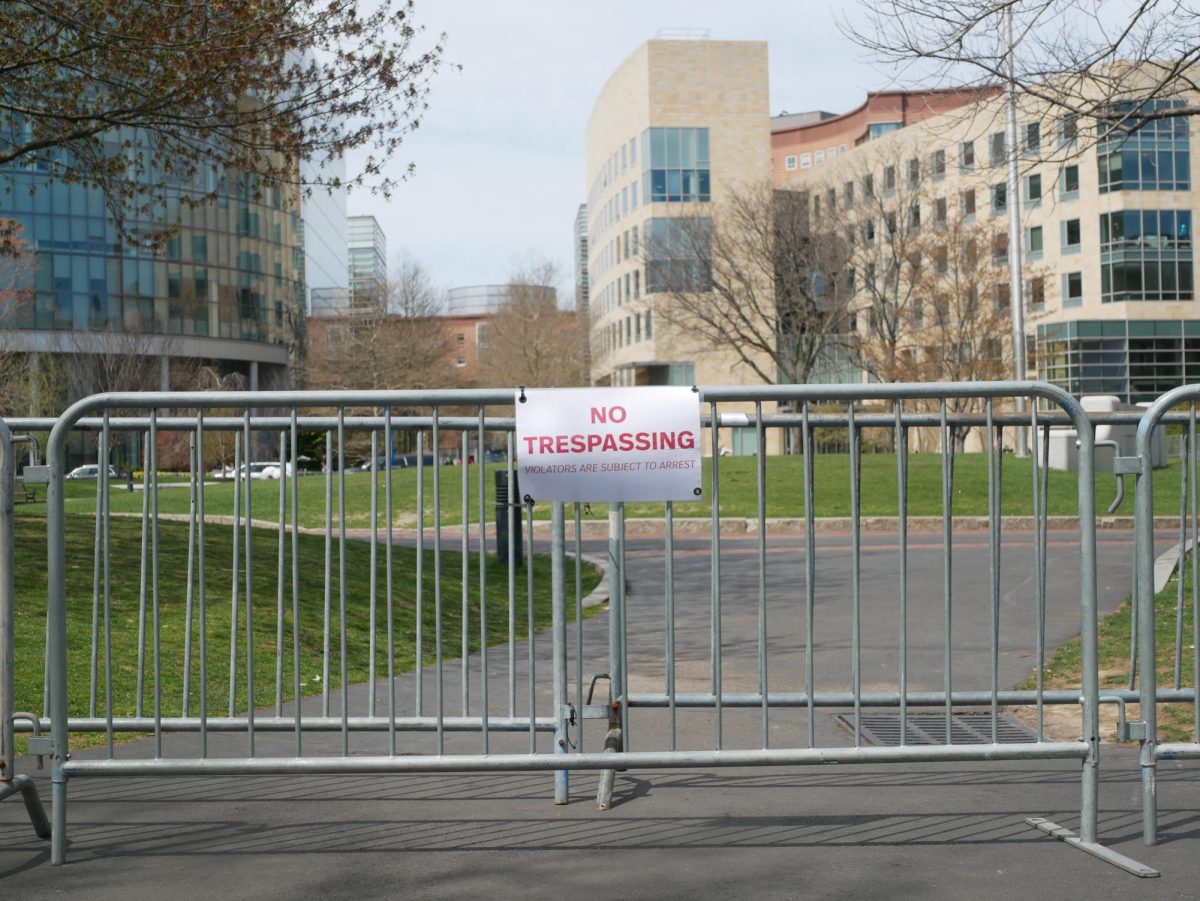Every day that goes by, Northeastern University’s students are identifying both positives and negatives of their academic home. Every week that goes by various student groups attempt to tackle the negative issues and bolster those that are positive. Unfortunately, every year that goes by some of the same problems seemingly return in their exact same form.
The administration has always claimed to pride itself on student-centeredness and providing the best possible academic and experiential education possible. However in these days of tumultuous change in the physical appearance of campus and the academic structure (particularly semester conversion), students are being left behind, every day. Some fall behind in their own academic program while others are held back from double or triple majoring simply because the academic advising journey is too treacherous. Students are being kept in the dark both during the decision process and now, more importantly, the execution process.
A prime example of this looming darkness lies in academic advising, a core service that students depend on to formulate their entire academic life here at Northeastern. The disparity in the levels of services between different colleges is incomprehensible, with advisors in some colleges carrying around twice the student-load as those in other colleges. In addition, there can be a distinct disparity between the level of knowledge and service provided within a specific college from two different advisors.
Ladies and gentleman, this is not a new problem. As a junior, I have seen the same recurring problems since my freshman year and with growing complexities in each student’s academic programs (many of which are now being generated from semester conversion), it is only getting worse. Organizations such as the Student Government Association have attempted to attack this problem with little or no success for a variety of reasons. A call for a committee in 2001 to attack and resolve all issues was never acted upon. In today’s senate, legislation has been proposed to block students if they do not meet with their advisors yearly. This idea unfairly punishes students for a fault that may lie within the administration and its inability to provide enough advising capacity to handle the student-load.
As a business major, I have learned that all companies (both profit and non-profit) are responsible for satisfying two distinct groups that are vital to the business’ existence: the customers and the shareholders. The customers provide the demand and the revenue to keep the organization alive and the shareholders provide the capital to allow for expansion and new projects. As soon as a business begins to lose its ability to satisfy either group, it begins to fail as evidenced by falling revenues and decreased stock price. In addition, the stockholders and customers are never asked to solve problems but, at most, merely to identify problems. Uniquely, Northeastern University students are both the customers and the shareholders, as they provide almost all funds for everything you see around you (N.B. Northeastern is a tuition dependent organization versus an endowment dependent organization) and they are identifying problems, every day.
This commentary is to, distinctly and formally, state that students have, now and for many years in the past, had problems with academic advising. The stockholders and customers have spoken and they are calling the administration to work to solve the academic advising problems. Though not classic of a true-to-life business, organizations like the Student Government Association (notably made up of stockholders and customers) are standing by and are willing to help, but change must come from the highest levels, and must be funded in accordance. There are many, many issues beyond just academic advising: the time is now and the place here.
And believe me, with core changes as such, Top 100 status will soon follow.
– Sharif Zeid is a junior in the college of
business administration and a SGA senator.












